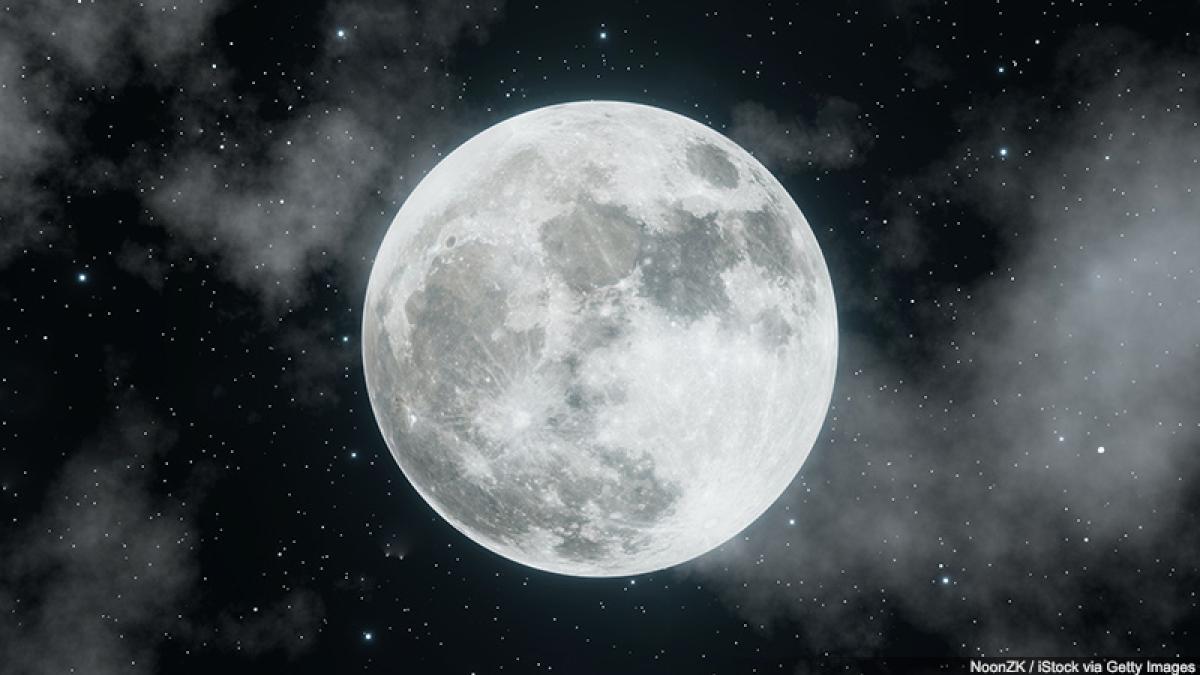Aqualunar Challenge to drive innovation in space

Funding for pioneering UK-led water purification innovations
In a step towards sustainable space exploration, Challenge Works - a NESTA enterprise - has jointly launched the Aqualunar Challenge with the UK Space Agency, the Canadian Space Agency and Impact Canada.
With a combined prize pot of £1.2 million, the Challenge seeks to spur the development of groundbreaking technologies for purifying water buried beneath the Moon’s surface.
With humankind returning to the Moon later this decade, purifying the water that exists on the Moon in ice and using it as drinking water – to grow food, to create oxygen and for rocket fuel –will be a key enabler for supporting future deep space exploration.
Two Aqualunar Challenge tracks are running concurrently - one based in the UK and the other in Canada - underscoring a united effort to drive innovation in space tech.
The UK track of the Challenge is made up of two stages - first creating concepts and then designs of water purification technologies.
In June 2024, ten teams will be selected in the finalist phase by an expert judging panel, receiving £30,000 each and will continue to compete for the grand prize.
During the Challenge, in addition to the financial support, finalists will have access to tailored non-financial support to help develop their technologies, including technical, commercialisation and business skills support.
There will also be opportunities to work collaboratively with the Canadian track teams.
In March 2025, three UK track teams will share the grand prize – a first place winner (£150,000), second place runner up (£100,000) and third place runner up (£50,000).
Who should apply?
The Aqualunar Challenge is calling on innovators, start-ups, scientists, academics, engineers and problem solvers to submit their ideas – whether they have worked in the space sector previously or not. Teams can be from anywhere, but must have a lead partner based in the country of application (UK or Canada).
The deadline for entering the challenge is 8 April 2024.
Find out more about eligibility and applying to the Aqualunar Challenge.
First published 30 January 2024